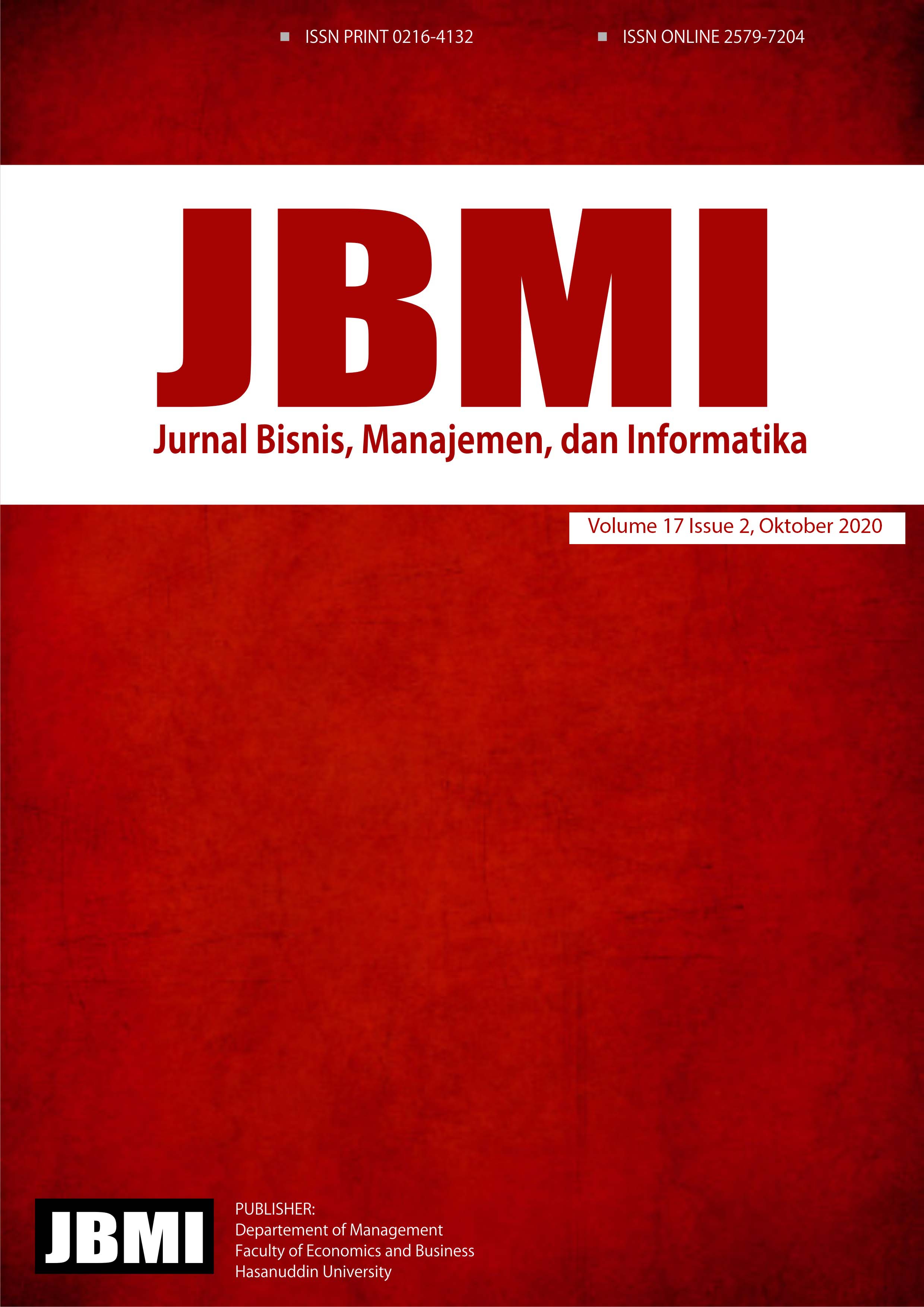Analysis of Environmental Accounting Reporting as Social Responsibility for Company Performance in Companies Listed on the Indonesia Stock Exchange
Abstract
In an increasingly modern era, the industrial world continues to develop and increasingly complex. These developments have an impact on other elements around the industry, especially the environment. An increasingly advanced industry has an impact on the increasingly severe environmental damage due to waste pollution, mining, coal and others. The Indonesian Institute of Accountants has issued several SFAS related to environmental accounting. With the issuance of the PSAK the industrial world inevitably has to follow what has been regulated in the PSAK. SFAS related to environmental accounting is issued with the aim of ensuring that the company has carried out its obligations in the recovery of environmental damage caused by the company's operations.
This research was conducted with the aim of ensuring that the company had followed the standards set by IAI in applying environmental accounting as one of its environmental responsibilities. This research was conducted using descriptive qualitative data. The results showed that the company in general had implemented PSAK especially number 57 related to the provision arising from company operations, the amount of the provision depends on the size of the company. With this research it is expected to be an alternative solution to the problem of environmental responsibility in order to add value to the company.
Keywords: Environmental Accounting, Company Value, Statement of Financial Accounting Standards, Environmental Responsibility.
References
Annual Report. (2019). PT. Aneka Tambang Tbk
Annual Report. (2019). PT. Atlas Resources Tbk
Annual Report. (2019). PT. Holcim Indnesia Tbk
Arikunto, G. 2010. Prosedur Penelitian Suatu Pendekatan Praktik. Jakarta : Rineka Cipta.
Fernando, S., & Lawrence, S. (2014). A theoretical framework for CSR practices: integrating legitimacy theory, stakeholder theory and institutional theory. Journal of Theoretical Accounting Research, 10(1), 149-178.
Freeman, R, E & Philips, R, A. 2002. Stakeholder Theory : A Libertarian Defense Business Ethics Quarterly, vol.12, no.3, hh 331-349
Gray, R., Kouhy, R., and Lavers, S. 1995a, “Corporate Social and environmental reporting: a review of the literature and a longitudinal study of UK disclosure”, Accounting, Auditing & Accountability Journal, Vol. 8 No. 2, pp. 47-77.
Ikhsan, A. (2008). Akuntansi lingkungan. Yogyakarta : Graha Ilmu.
Nilasari, Fitri. (2014). Analisis penerapan akuntansi lingkungan terhadap pengelolahan limbah. Fakultas Ekonomi Universitas Jember.
Sadjiarto, Ardja, 2011, Pelaporan Aktivitas Lingkungan Dan Akuntansi Lingkungan, dokumen dipresentasikan di Seminar Lingkungan Hidup.
Solihin, I. (2009). CorporatesSocial responsibility, from charity to sustainbility. Jakarta ; Salemba Empat.
Totok,Mardikanto. 2014. CSR (Corporate Social Responsibility) (Tanggung Jawab Sosial Perusahaan). Alfabeta. Bandung.
Undang-Undang No. 32 Tahun 2009 Tentang Perlindungan Dan Pengelolaan Lingkungan Hidup
Widarto, D., & Mudjiyanti, R. (2015). Pengaruh environmental performance dan environmental disclosure terhadap economic performance. MEDIA EKONOMI, 15(2).
Yunus Handoko, “Implementasi Social and Environmental Disclosure dalam Perspektif Teoritis” Jurnal JIBEKA,Vol.8 No.2, 2014, hlm.74
Zed, Mestika. 2003. Metode Penelitian Kepustakaan. Jakarta : Yayasan Obor Indonesia
Downloads
Published
Issue
Section
License
Copyright (c) 2020 JBMI (Jurnal Bisnis, Manajemen, dan Informatika)

This work is licensed under a Creative Commons Attribution 4.0 International License.



